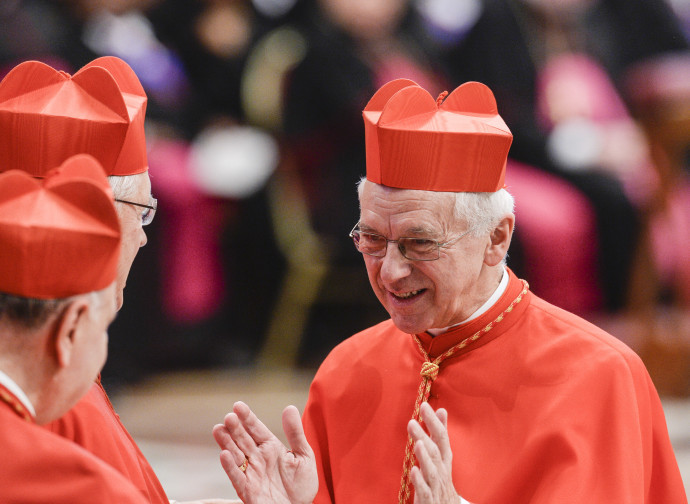Cardinal De Kesel Advocates for the Church's Role in Secular Society
Cardinal De Kesel glorifies world that ‘converts’ the Church 🔗

Cardinal De Kesel presents a view of the Church's role in a secular society during his address at the Theological Faculty of Emilia Romagna. He argues that modernity's secular culture offers a positive shift for the Church, allowing it to exist as a presence rather than a dominating force in a world that is increasingly non-Christian. De Kesel emphasizes the importance of the Church being present without seeking to convert or impose its beliefs, suggesting that secular culture is not inherently against religion but rather promotes pluralism and respect for diversity. However, his view has been critiqued for oversimplifying the relationship between Christianity and modernity, as well as for not acknowledging the challenges posed by secularism.
- Cardinal De Kesel sees secular culture as beneficial for the Church, promoting a presence of faith without seeking to dominate.
- He distinguishes between secularism and secularization, asserting that the latter allows for pluralism and diversity.
- Critics argue that his understanding of modernity neglects the irreligious aspects and challenges the Church faces in a secular world.
What is Cardinal De Kesel's perspective on secular culture?
Cardinal De Kesel views secular culture as a positive development for the Church, allowing it to engage with society without attempting to impose its beliefs.
How does De Kesel differentiate between secularism and secularization?
He argues that secularization promotes a pluralistic society that respects freedom and diversity, while secularism seeks to eliminate religious influence.
What criticisms have been raised against De Kesel's views?
Critics contend that his understanding of modernity oversimplifies the complex relationship between Christianity and contemporary secularism, failing to recognize the challenges posed by an irreligious culture.